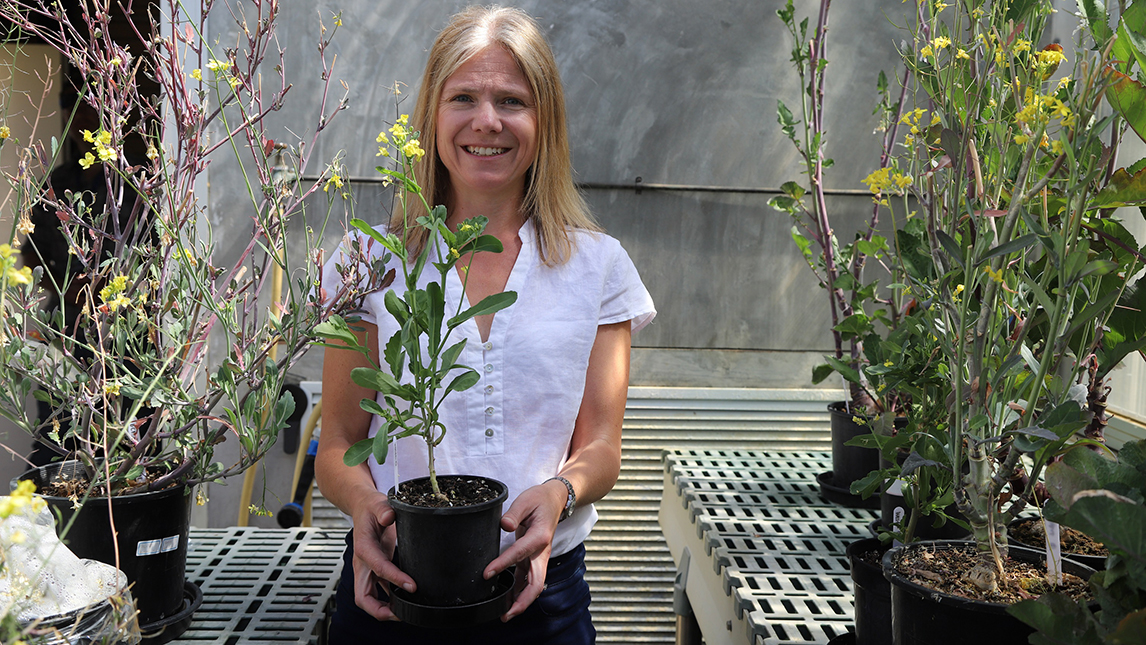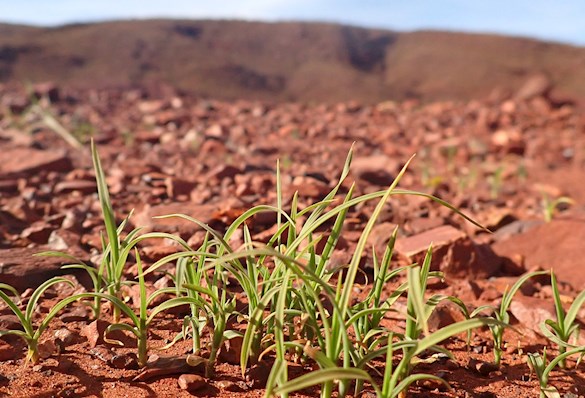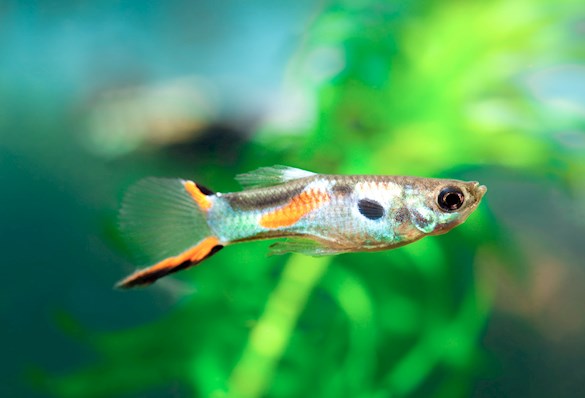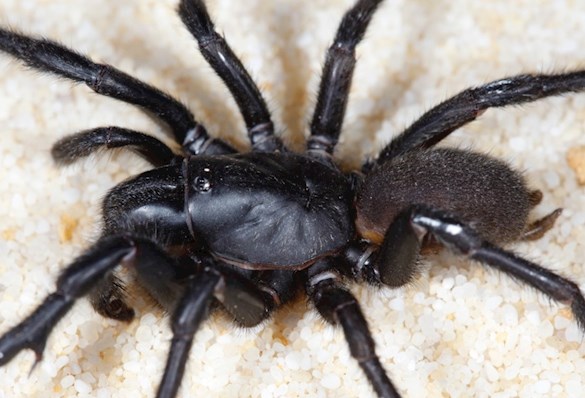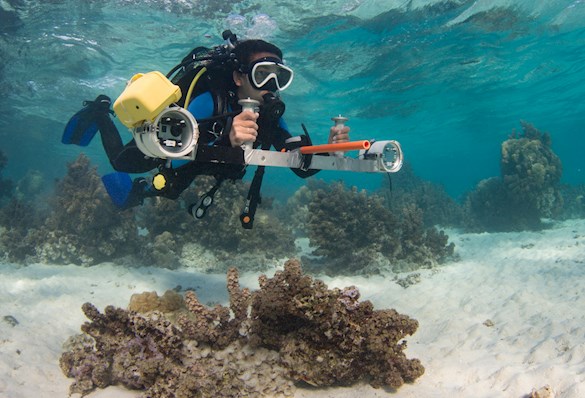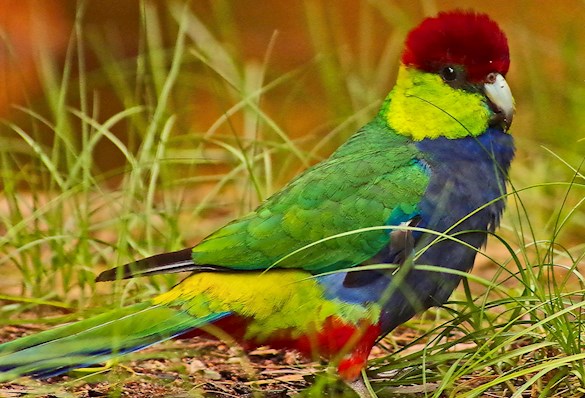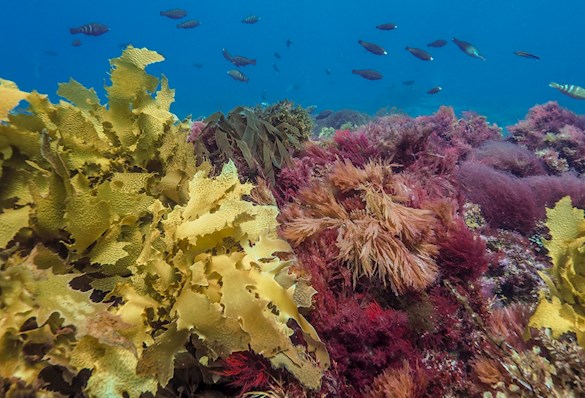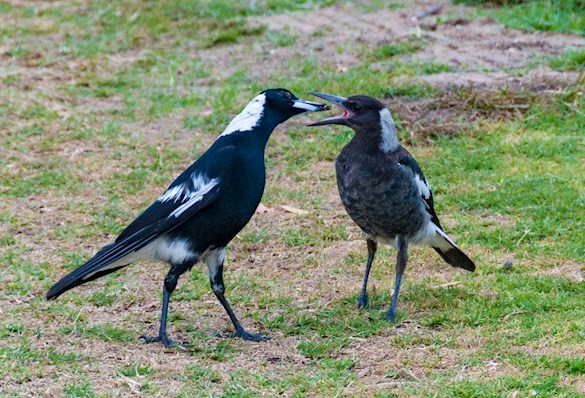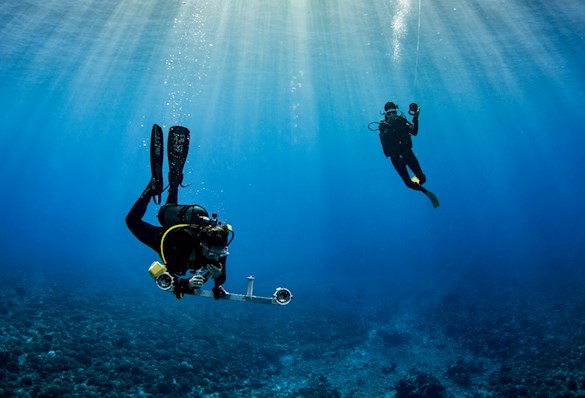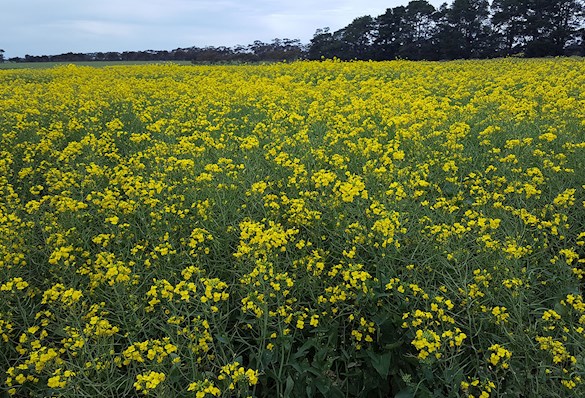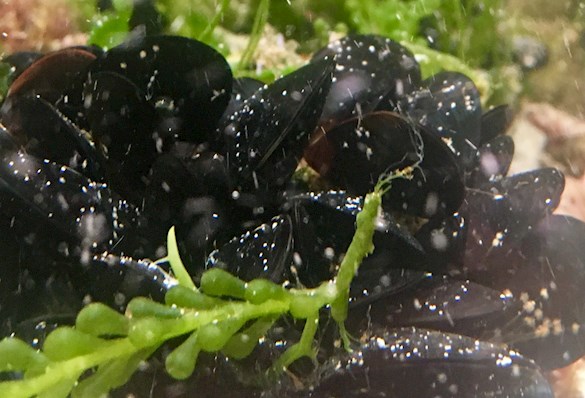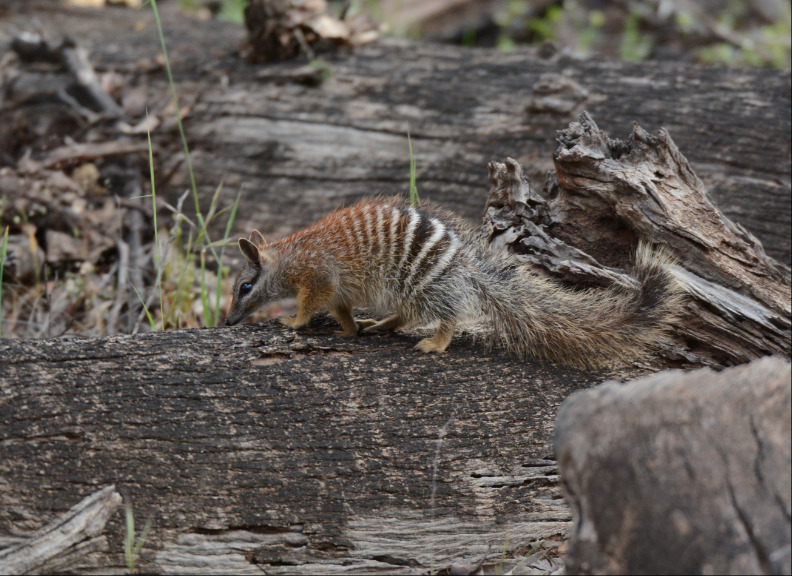
PROJECT
Understanding the evolution of plant disease resistance genes for crop improvement
Evolution of plant disease resistance genes
Research on the interactions between plants and pathogens has become one of the most rapidly moving fields in the plant sciences, findings of which have contributed to the development of new strategies and technologies for crop protection.
A good example of plant and pathogen evolution is the gene-for-gene interaction between the fungal pathogen Leptosphaeria maculans, causal agent of Blackleg disease, and Brassica crops (canola, mustard, cabbage, cauliflower, broccoli, Brussels sprouts). The newly available genome sequences for Brassica spp. and L. maculans provide the resources to study the co-evolution of this plant and pathogen. Plant disease resistance genes play a critical role in providing resistance against pathogens. The largest families of resistance genes are the nucleotide binding site and leucine rich repeat genes (NBS-LRRs) and receptor like proteins (RLPs). Hundreds of these genes are present within the genome, however the evolutionary history of these genes is not fully understood.
Genome wide identification of these genes within and between species allows a study of which genes are core to a species or family and which have variable roles. Using state of the art genomics, this project aims to identify all these genes within Brassica species and wild relative species, perform comparative analysis within and between the species and provide an understanding of the evolution of these genes.
Additional projects are available to review and assess the correlation between known genomic regions containing resistance to a specific disease and NBS-LRR resistance genes in Brassica napus. Resistance to clubroot, downy mildew and blackleg disease in B. napus will be identified and classified. Results will provide evidence on NBS-LRR distribution and clustering throughout the genome and determine if the clusters tend to be more linked and associated with disease resistance. Further investigation of the similarity/divergence in sequence and gene content will help elucidate their conservation and evolution.
For more background information, see the suggested readings below.
- Suggested readings
-
- Dolatabadian A, Bayer P, Tirnaz S, Hurgobin B, Edwards D and Batley J. 2019. Characterisation of disease resistance genes in the Brassica napus pangenome reveals significant structural variation. Plant Biotechnology Journal
- Bayer P, Golicz A, Tirnaz S, Chan K, Edwards D and Batley J. 2019. Variation in abundance of predicted resistance genes in the Brassica oleracea pan genome. Plant Biotechnology Journal 17: 789-800
- Alamery S, Tirnaz S, Bayer P, Tollenaere R, Chaloub B, Edwards D and Batley J. 2017. Genome wide identification and comparative analysis of NBS-LRR resistance genes in Brassica napus. Crop and Pasture Science 69: 79-93
- Neik TX, Barbetti MJ and Batley J. 2017. Current status and challenges in identifying disease resistance genes in Brassica napus. Frontiers in Plant Science 8: 1788
- Dolatabadian A, Patel DA, Edwards D and Batley J. 2017. Copy number variation and disease resistance in plants. Theor. & Appl. Genet 130: 2479-2490
As part of this PhD the applicant will:
- Undertake next generation sequencing and high throughput genotyping
- Phenotypic analysis to identify resistance genes in plants
- Evolutionary and population genetic analysis
Research team leader: Professor Jacqueline Batley
I have expertise in plant molecular biology, genetics and genomics, gained from working in both industry and academia, here and in the UK. I am in the School of Biological Sciences at UWA and apply breakthrough biotechnological advances for crop improvement, through identification of genomic regions controlling traits, which are being translated to commercial outcomes for increasing global food security.
How to apply
Interested in becoming part of this project? Complete the following steps to submit your expression of interest:
Step 1 - Check criteria
General UWA PhD entrance requirements can be found on the Future Students website.
Requirements specific to this project:
- Applicants are required to have an understanding of genetics as well as experience of molecular biology.
Step 2 - Submit enquiry to research team leader
Step 3 - Lodge application
After you have discussed your project with the research team leader, you should be in a position to proceed to the next step of the UWA application process: Lodge an application. Different application procedures apply to domestic and international students.
Scholarships
- Domestic students
-
All domestic students may apply for Research Training Program and University Postgraduate Awards (UPA) scholarships
- International students
-
A range of scholarships are available from international organisations and governments. The full list, organised by country, is available on the Future Students website.
In addition, all international students may apply for International Research Training Program scholarships.
- Indigenous students
- Indigenous students are encouraged to apply for Indigenous Postgraduate Research Supplementary Scholarships.
- Forrest Foundation scholarships
- All international and Australian students who wish to study towards the degree of Doctor of Philosophy (PhD) at The University of Western Australia may apply for Forrest Scholarships.



































